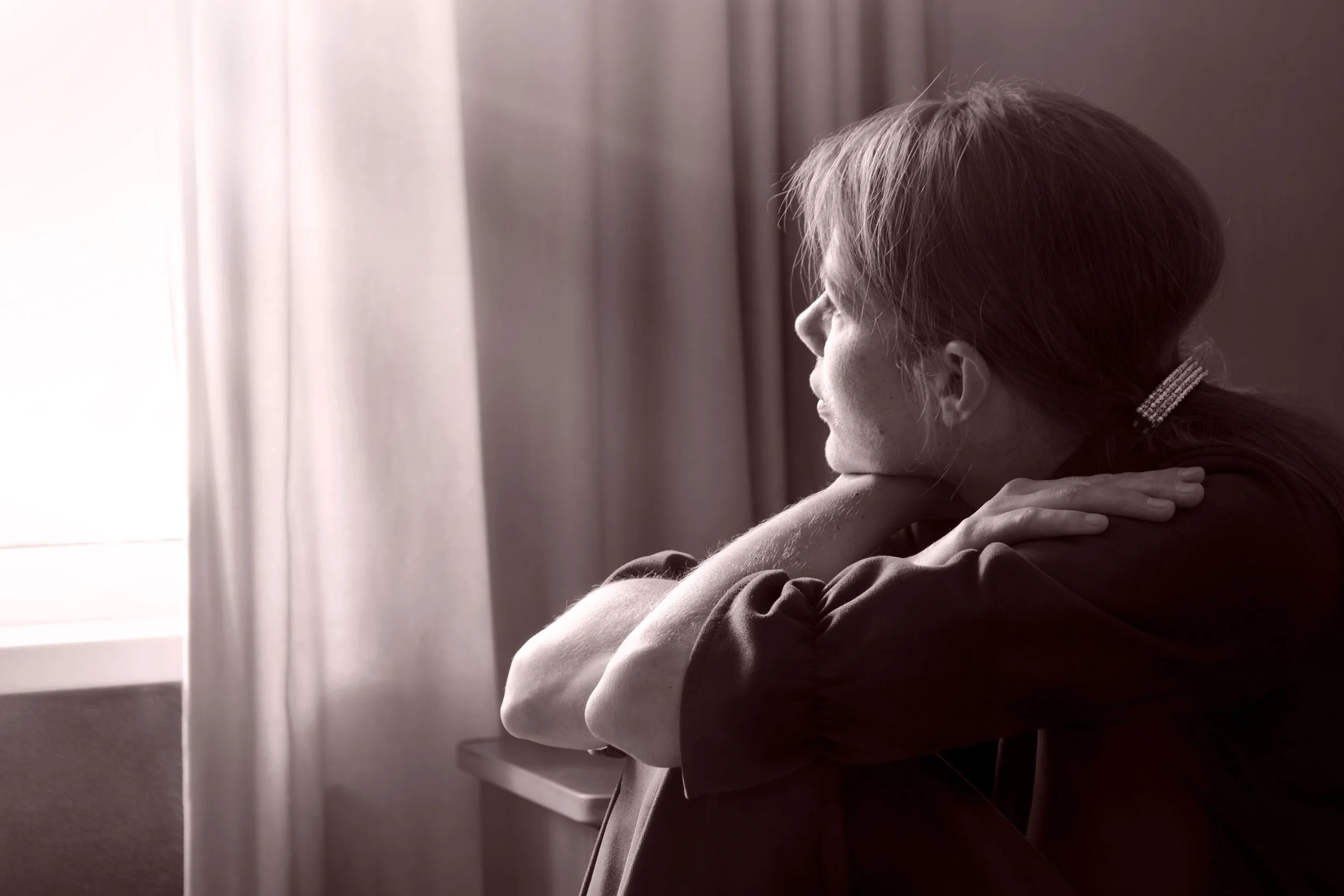Living in the Shadow of Death
As an oncology chaplain in a large, regional hospital, I work with patients facing life-threatening illnesses every day. When patients receive a potentially life-threatening diagnosis, the reaction I hear most frequently is concern for those they may leave behind. How will my death affect my loved ones? Who will care for those I have been caring for? How can I protect my family financially?
These patients often find it emotionally beneficial to make a plan to provide for those who will be left behind. This may include “getting affairs in order” including legal documents such as a last will and testament, durable power of attorney, medical power of attorney and living will. Others may choose a “legacy project,” such as writing down important memories or writing letters to loved ones.
I met “Amy” after she had been diagnosed with terminal ovarian cancer. Amy had five children, the youngest just eighteen months old. Despite being in a tremendous amount of pain, Amy struggled with the decision to transition to comfort care because she felt she was betraying her role as a mother. She wanted to be there for her children at that time and through all of their life transitions. Amy decided to write a series of letters to each of her children, sharing her wisdom, her joy, and her love. For her youngest, she recorded herself reading bedtime stories. With the completion of her legacy project, Amy was able to transition to comfort care, assured that her role as mother would not end at her death.
It is not unusual for patients to experience spiritual distress throughout their medical journey. Conversely, many patients also find their faith deepened as a result of facing their own mortality. I find that patients who are allowed to express and explore their doubts and fears without judgement are the ones who find their faith most strengthened.
I had a patient who came to the hospital from a faith-based drug-rehab facility, having been diagnosed with the same cancer that his brother had died from only a few years previously. “Hank” stated that he had faced death before, in the form of drug overdoses, drug dealers trying to kill him, and living on the streets, but he was never as afraid of death before because he had never had so much to lose. Finding faith for him meant finding hope for the first time in his life. Now Hank was afraid, because he felt like he was losing hope. Hank talked about how he identified with Jesus as he spoke from the cross: “My God, my God, why have you forsaken me?” (Matthew 27:46). Hank had finally found hope, and suddenly he felt forsaken. When I shared with Hank that Jesus’ words came from the Psalms, he asked me to read it. As I read Psalm 22, Hank became animated.
Yet you are holy...
in you our ancestors trusted...
they cried and were saved...
yet it was you who took me from the womb, you kept me safe.
In the words of the psalm, Hank discovered that faith and fear are not mutually exclusive. Hank learned that being faithful could mean bringing to God all his fears and doubts, all his hopes and dreams, all that he had and all that he was. Understanding that God is big enough to handle his anger, Hank learned that he could face his diagnosis assured of God’s presence, even while sitting in his pit of despair.





